One in 100 people with Orcadian grandparents have an inherited gene linked to a higher risk of cancer, Aberdeen researchers have found.
Experts say people with this variant have a greater chance of developing breast and ovarian cancers in their lifetime.
At the moment just a small number are eligible for genetic testing to see if they carry it.
But the new research is leading to a pilot trial which could open the scheme right across Scotland.
Cancer gene’s link with Orkney
Most breast and ovarian cancers are caused by damage to genes, but some are caused by inherited conditions.
This includes changes to the BRCA1 gene (Breast Cancer type 1 susceptibility).
Across the UK, around one in 1,000 women have this variant. But geneticists have repeatedly found it in Orcadian women with breast or ovarian cancer.
And using clinical genealogy they’ve found these patients all have similar ancestors, leading back to one large family from Westray.
Currently genetic testing for the BRCA1 change is only available to people with a direct family connection to the gene, or a family history of breast and ovarian cancer.
But a small trial is opening this up to anyone living on Westray and who has a Westray-born grandparent.
‘Testing and follow-ups could save lives’
The scheme is being organised by NHS Grampian and funded by cancer care charity Friends of Anchor.
If it’s successful, the long-term hope is to offer the test to anyone in Scotland with a Westray-born grandparent.
Zosia Miedzybrodzka, a medical genetics professor at Aberdeen University, is the director of the NHS North of Scotland Genetic Service and has run the Orkney genetic clinic for more than 20 years.
“Many people who have the gene alteration are unaware of it,” she said.
“Not everyone wants to have a genetic test that looks into their future.
“In the long run we want to make a test available to those with Westray grandparents who want to know if they have the gene variant.”
She added: “Developing cancer is not solely down to carrying the BRCA1 variant alone.
“There are many complex factors, and some people with gene alterations will not get cancer.
“However, we know that testing and the right follow-up can save lives.”
Prof Miedzybrodzka says women with the gene could benefit from risk-reducing surgery, MRI breast screening and changing their lifestyles.
“Men do not need to take any particular action for themselves, but they can pass the gene onto female descendants,” she warned.
Research has impact far beyond Westray
The research was conducted by staff at the universities of Aberdeen and Edinburgh, and is being published in the European Journal of Human Genetics.
They examined genetic data from more than 2,000 volunteers with grandparents from Orkney.
It was part of a wider Viking genes study, which has previously flagged concerns with other hereditary genes.
Prof Henry Watson, one of Friends of Anchor’s trustees, said: “This project will give Westray residents who have a grandparent from the island, control over the decision to find out more about their heritage-related risk factors.
“On a personal note, my maternal grandmother came from Westray and so the outcomes of testing may have implications for my family.
“This shows why the research impacts beyond Westray.”
NHS Grampian is running a helpline with more information for people with grandparents from Orkney.
It can be reached on 01224 553940 or by emailing gram.orkBRCAgene@nhs.scot
For more information visit www.nhsgrampian.org/BRCA1
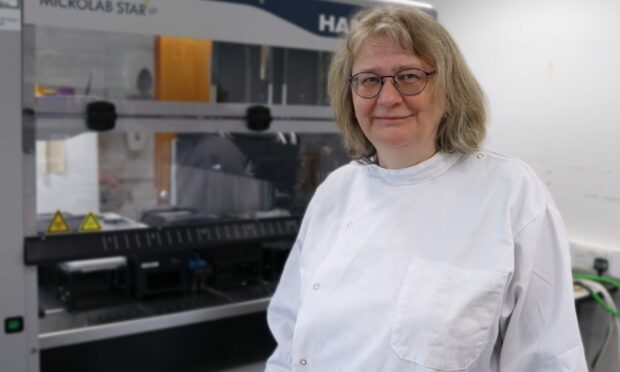
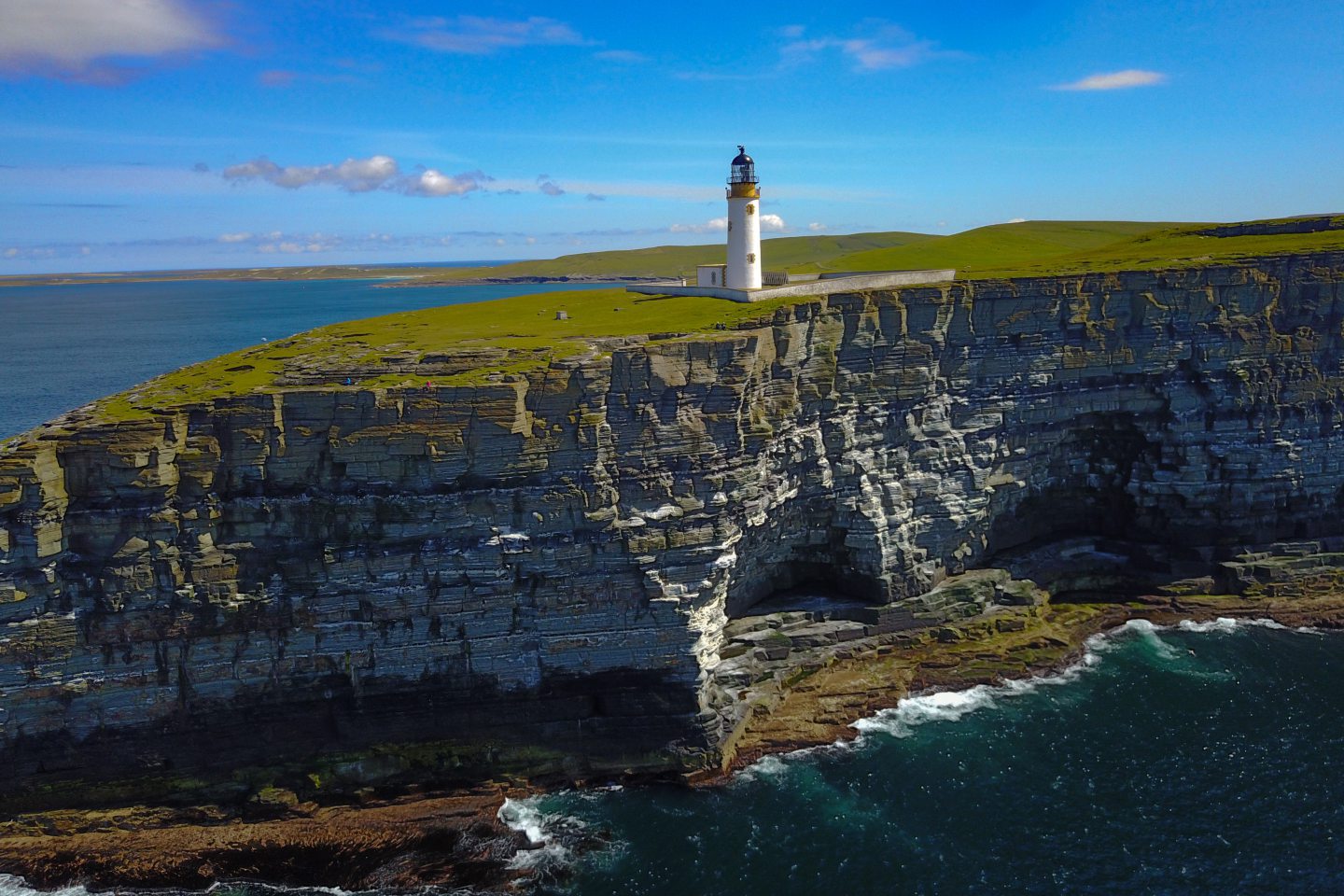
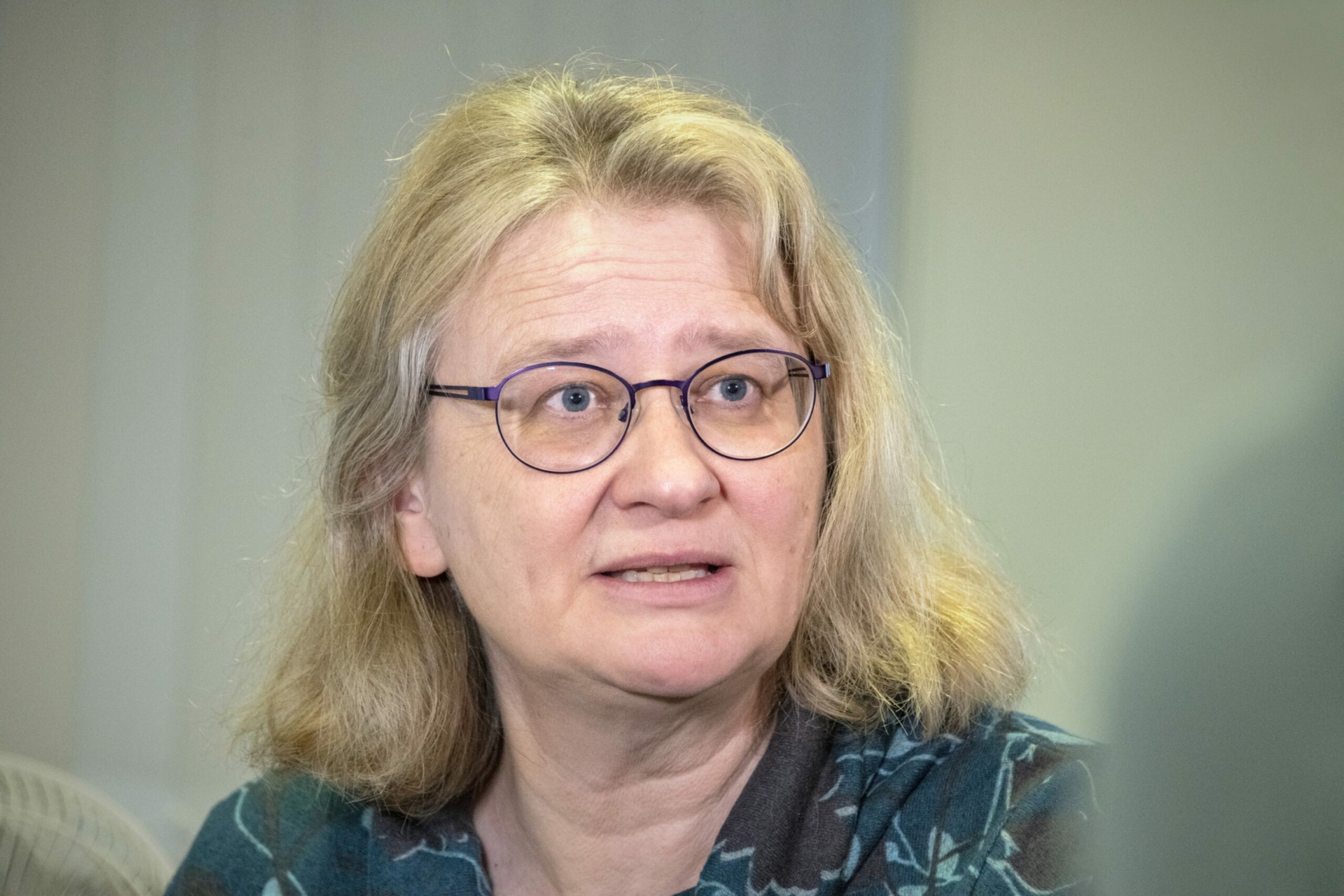
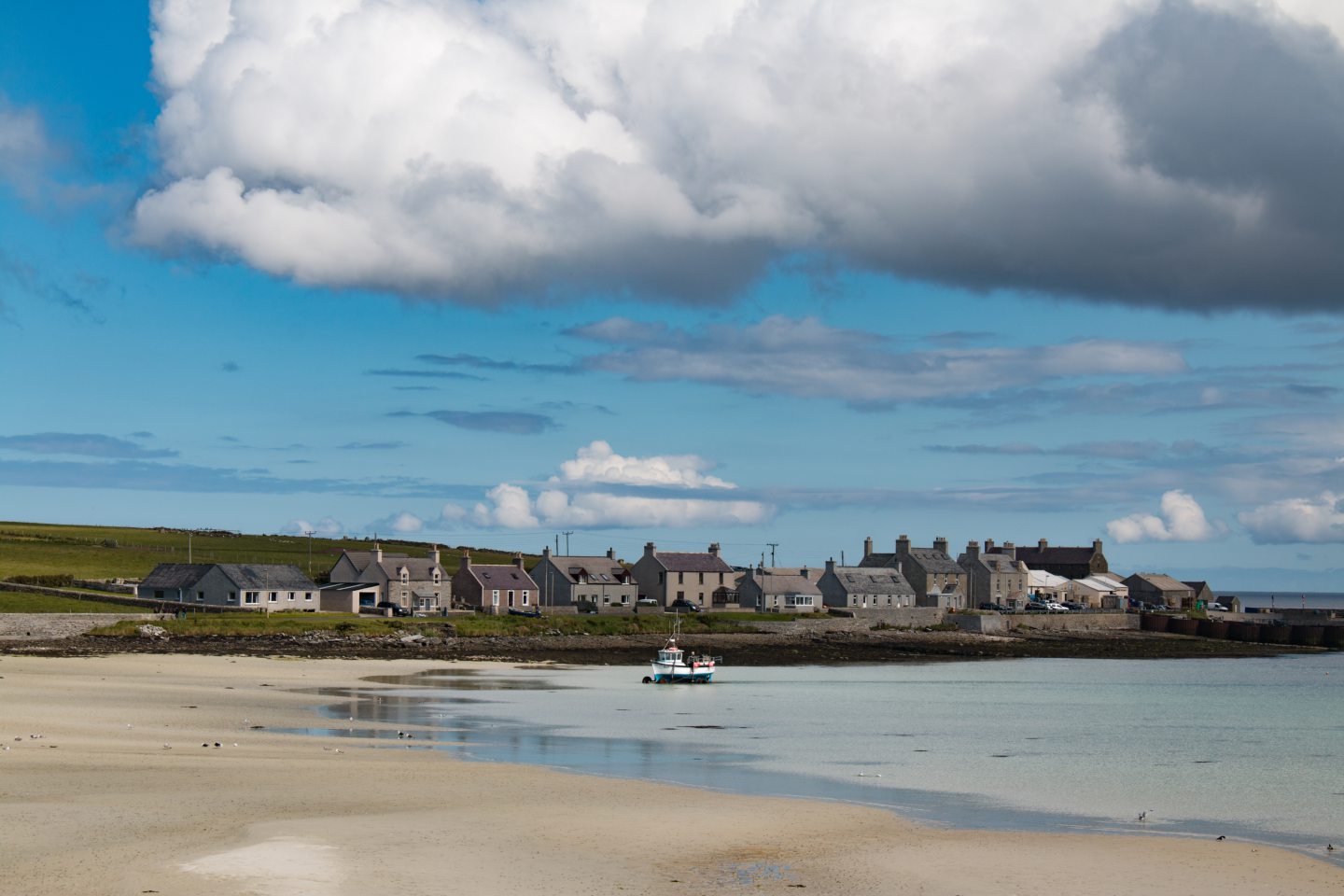
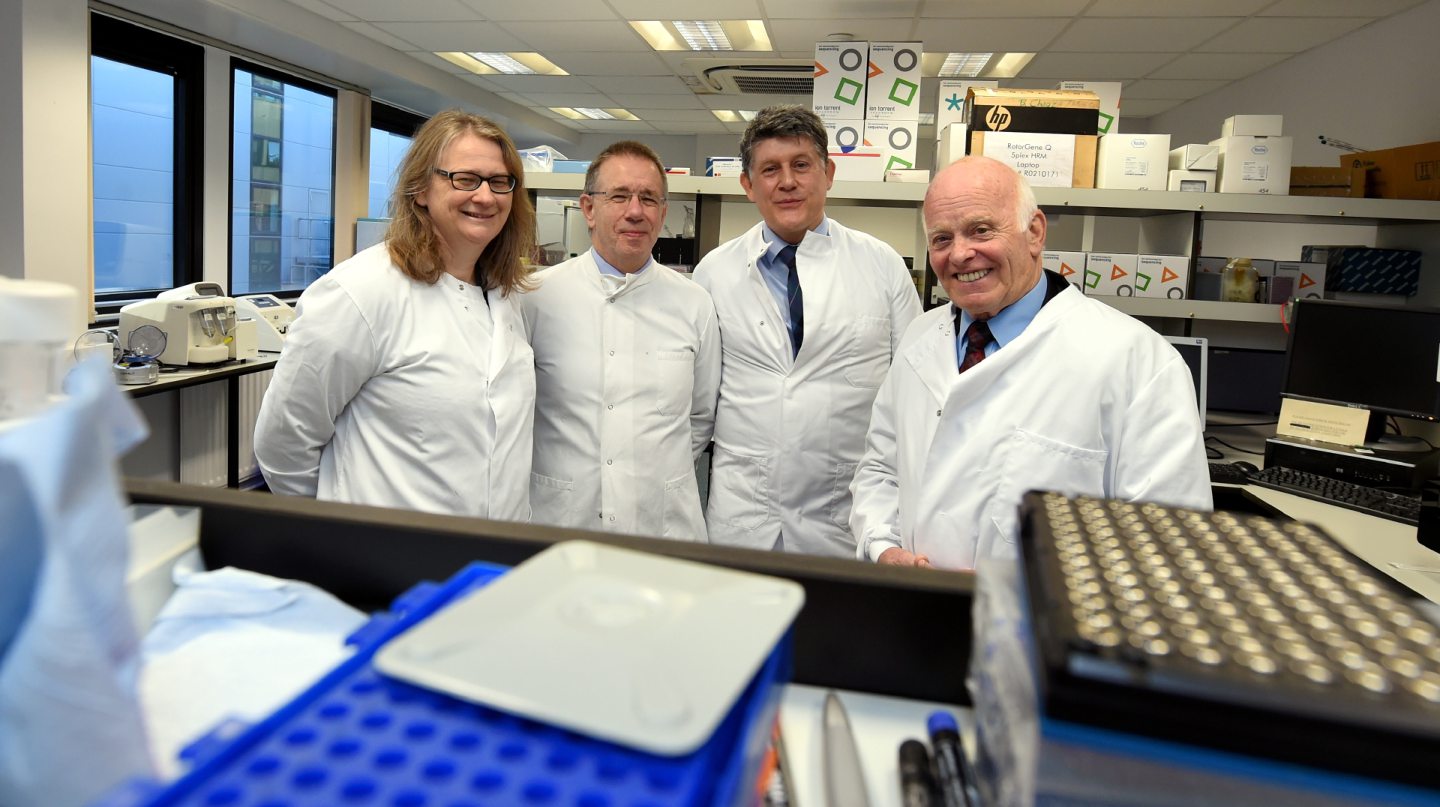
Conversation